Struggling For Authentic Mental Health Content? 50+ Raw Storytelling Examples That Actually Help
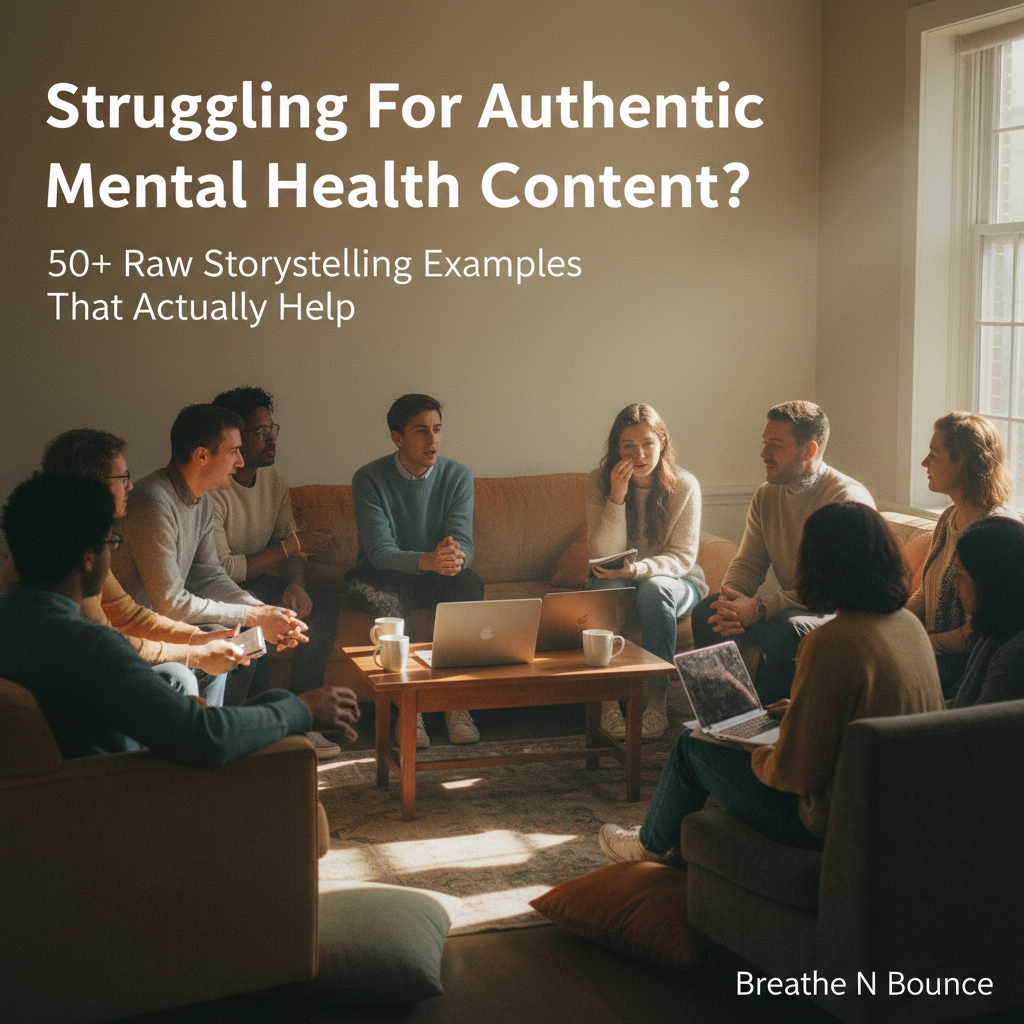
Look, I'm gonna be real with you for a second. This last month has been really tough for me, and I found myself scrolling endlessly looking for mental health content that didn't make me want to throw my phone across the room. You know what I'm talking about, right? Those perfectly curated Instagram posts with sunset quotes about "choosing joy" or LinkedIn articles that read like they were written by someone who's never had a panic attack in a Target parking lot.
I was desperate for something real. Something that acknowledged that sometimes we're just trying to make it through Tuesday without crying in our car during lunch break. And honestly? It took me way longer than it should have to find the good stuff.
Why Most Mental Health Content Feels Like Bullshit
Here's the thing that pisses me off about most mental health content online, it's so fucking sanitized. Everyone's either completely healed and glowing (which, good for them, but where does that leave the rest of us?) or they're performing their trauma like it's content. There's this weird middle ground where real, messy, ongoing mental health struggles just don't exist.
I mean, who decided that vulnerability has to look like a perfectly lit selfie with a caption about "your struggles don't define you"? Sometimes your struggles absolutely do define your Tuesday, and that's okay to say out loud.
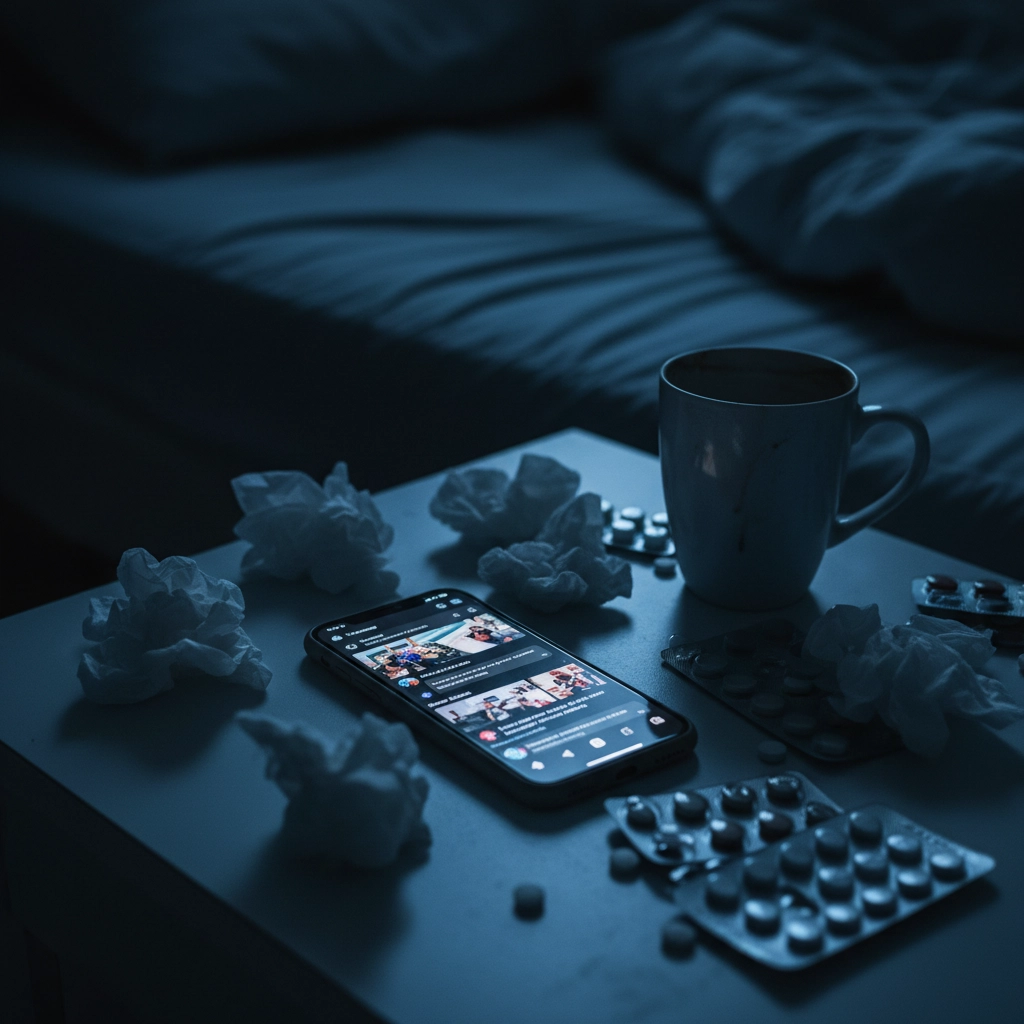
The problem is we've turned mental health into a brand instead of treating it like the complex, ongoing, sometimes boring reality it actually is. Real mental health isn't always a breakthrough moment or a rock-bottom story with a triumphant ending. Sometimes it's just "I managed to shower today and that feels like enough."
What Actually Makes Mental Health Stories Helpful
After digging through tons of platforms and resources, I figured out what separates the helpful stuff from the performative bullshit. The stories that actually help have a few things in common:
They're specific as hell. Instead of saying "I was depressed," they'll tell you about lying in bed for three days straight eating cereal and watching the same Netflix show on repeat. They give you the texture of the experience, not just the clinical summary.
They don't tie everything up with a neat little bow. Real recovery isn't linear, and the best stories acknowledge that. They'll tell you about good days and bad days, setbacks, the weird guilt that comes with feeling better, and how annoying it is when people ask if you're "all better now."
They admit to the unglamorous parts. Like how therapy can be boring sometimes, or how medication side effects are a real pain in the ass, or how self-care sometimes looks like ordering pizza instead of doing yoga because you just don't have the energy to pretend you're that person today.
Where I Actually Found the Good Stuff
Okay, so here's where I hit jackpot after months of searching. Instead of one magical list of 50+ stories (which would be amazing but doesn't really exist), I found these platforms that collectively have hundreds of authentic accounts:
Beyond Blue has this collection of stories that made me feel less alone than anything I'd read in months. They've got people talking about panic attacks, postpartum depression, anxiety that keeps you up at 3 AM wondering if you locked the door. Real shit.
The ADAA personal stories section is where I found people talking about OCD, PTSD, and depression without the Instagram filter. One person wrote about how their anxiety manifests as checking their phone 47 times in an hour, and I felt so seen I almost cried.
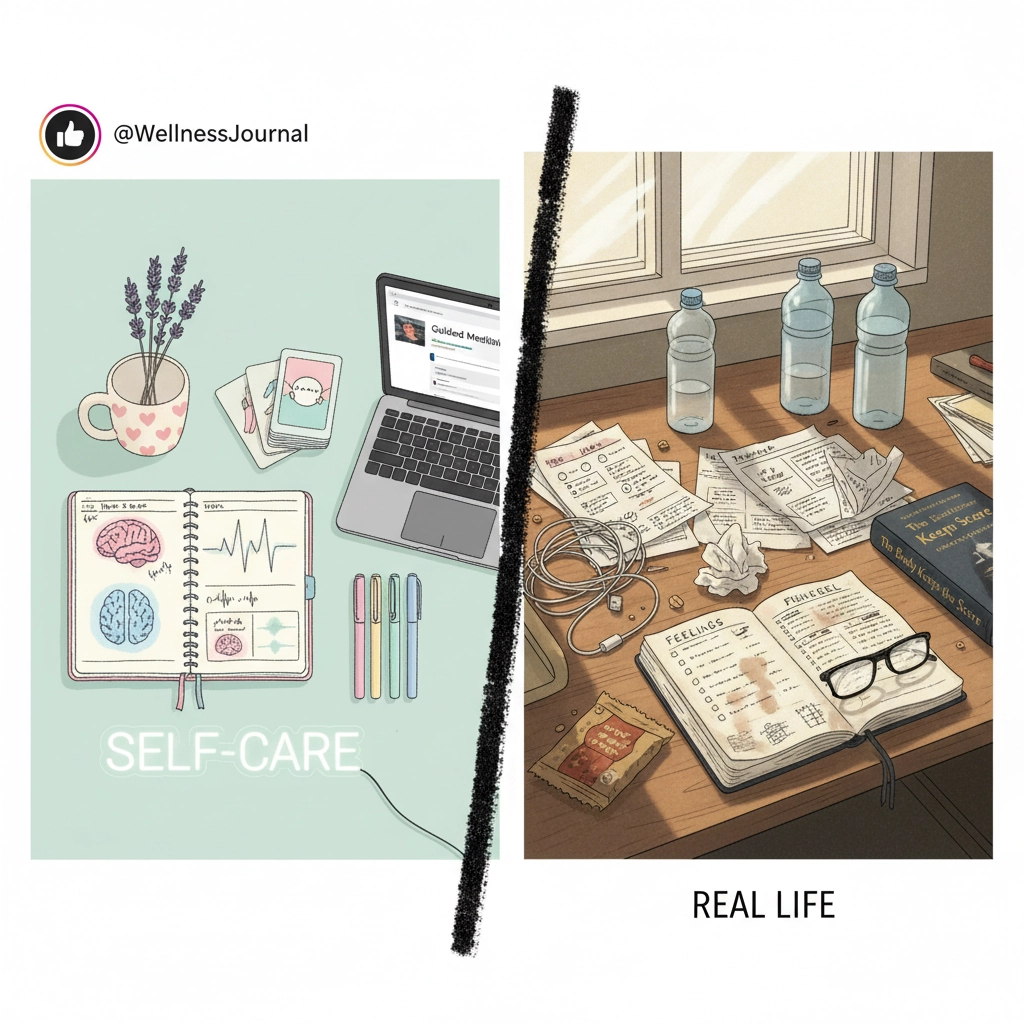
Black Dog Institute has these lived experience stories that don't sugarcoat bipolar disorder or try to make mental health episodes sound like spiritual awakenings. They're just honest about how hard it is and what actually helps day-to-day.
Then there's YoungMinds for anyone who wants to hear from young people who aren't pretending their mental health journey is aesthetic. These kids are talking about school anxiety, social media overwhelm, and feeling like everyone else has their shit figured out when they definitely don't.
What I love about these platforms is they let people tell their own stories without some wellness influencer repackaging it with essential oil recommendations (though honestly, lavender oil does help me sleep, so maybe I'm a hypocrite).
The Stories That Stuck With Me
There are a few specific stories that I keep going back to when I'm having a particularly rough day. There's Kimberly's story about surviving trauma, losing family members, and still managing to focus on school despite chronic stress giving her migraines. It's not a "everything happens for a reason" story: it's just honest about how fucking hard life can be and how you keep going anyway.
And Anthony's story about being 58 and finally learning how to take care of his physical health while managing mental illness. He talks about joining nutrition classes and exercise groups, which sounds simple but was actually revolutionary for him. It made me realize that sometimes the most profound changes look really ordinary from the outside.
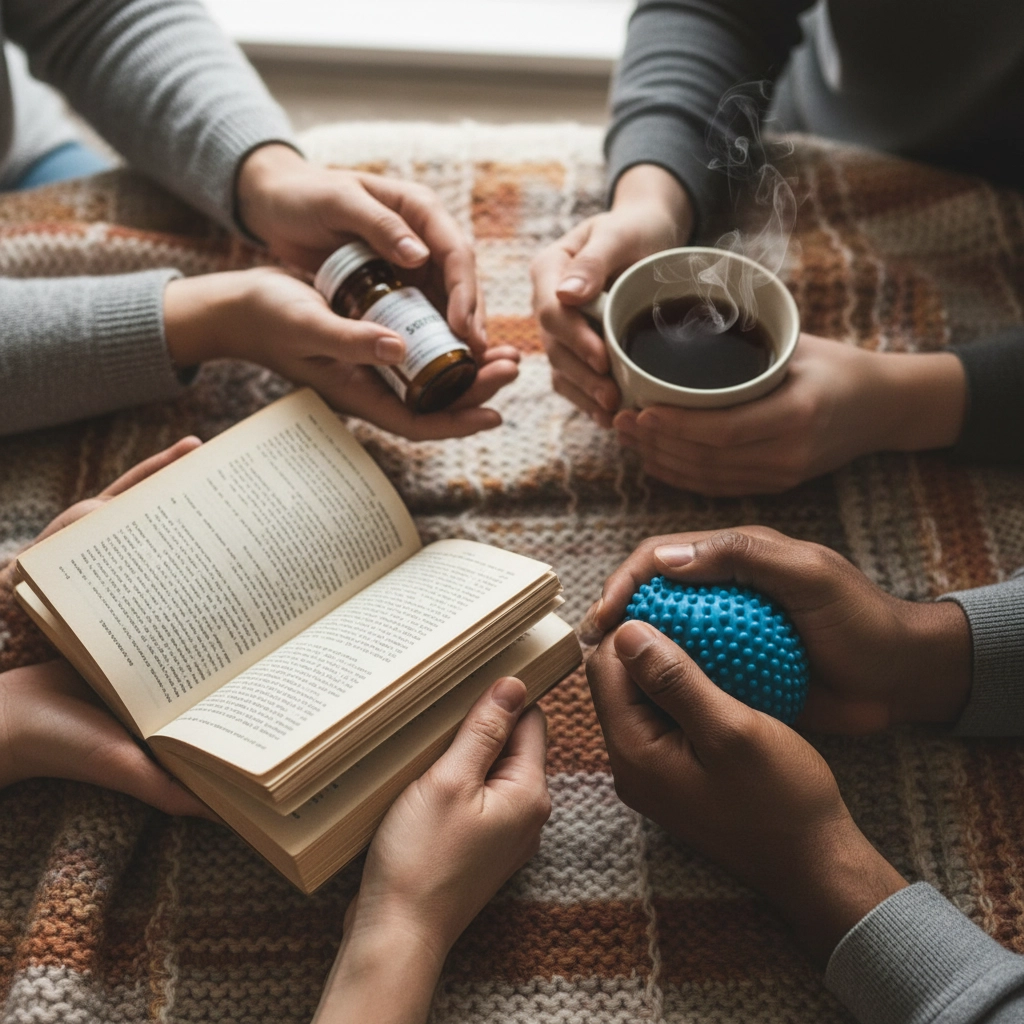
These aren't miracle cure stories. They're just people figuring out what works for them, one day at a time, without pretending it's easy or glamorous.
How to Spot the Real Deal vs. Performance
After consuming way too much mental health content, I've developed a pretty good bullshit detector. Here's what I look for:
Real stories mention specific, mundane details. They'll tell you about the weird way anxiety shows up in their body, or how depression changes their relationship with food, or the specific things their therapist said that actually helped (and the things that didn't).
They acknowledge complexity. Mental health isn't a problem you solve once and move on. The helpful stories talk about ongoing management, bad days even when things are generally good, and the fact that what works changes over time.
They don't oversell solutions. Real stories might mention therapy or medication or lifestyle changes that helped, but they're not selling you on one magic fix. They're honest about trial and error, side effects, and the fact that some days you just have to white-knuckle it.
Building Our Own Collection of Real Stories
Look, I started collecting these stories because I needed them, but now I'm wondering if we could build something even better together. What if we created a space where people could share the real, messy, ongoing reality of mental health without having to perform recovery or trauma?
I'm talking about stories that include the boring parts, the setbacks, the days when you're doing "all the right things" and still feel like shit. Stories that acknowledge that sometimes mental health is about harm reduction, not optimization.
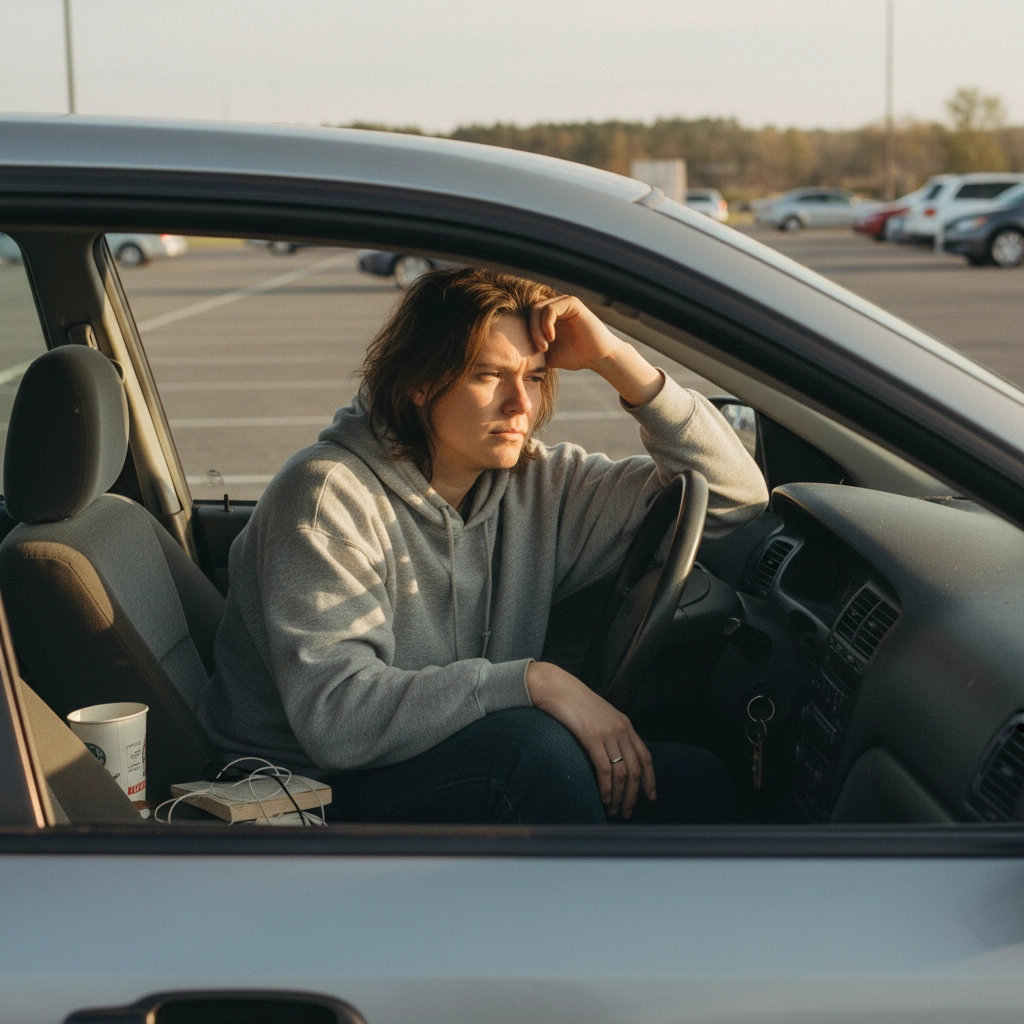
What would it look like if we could talk about mental health the way we talk about other chronic conditions: as something we manage, not something we overcome once and for all?
I think about the conversations I have with my closest friends about mental health, and they're nothing like the content I see online. We talk about our medications matter-of-factly, we complain about therapy homework, we celebrate small wins like making it through a social event without a panic attack. We're honest about the fact that some days we're thriving and other days we're just trying not to be assholes to the people we love.
That's the kind of content I want to see more of. That's the kind of community I want to be part of.
Where We Go From Here
Maybe the answer isn't finding the perfect list of mental health stories. Maybe it's about being the person who tells their story honestly, without the wellness industry filter. Maybe it's about creating spaces where we can be real about the fact that mental health is ongoing, complicated, and doesn't always photograph well.
Because here's what I've learned: the most helpful mental health content isn't the stuff that makes you feel inspired for five minutes. It's the stuff that makes you feel less alone in your specific brand of struggle. It's the stories that say "me too" instead of "here's how I fixed it."
We don't need more mental health gurus. We need more people willing to say "this is hard and I'm figuring it out as I go, just like you."
And honestly? That feels like something we could build together, one honest story at a time.

No comments:
Post a Comment